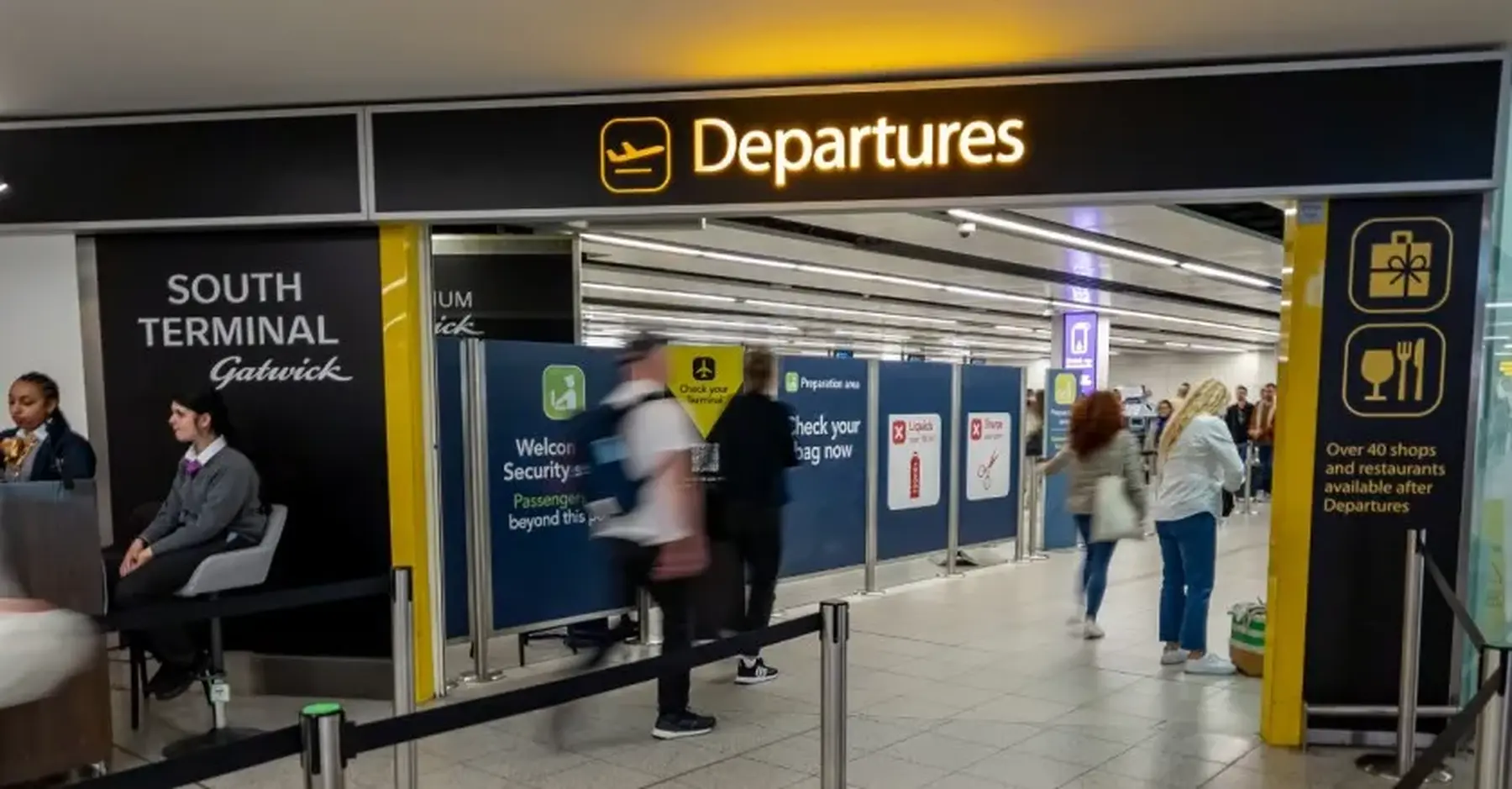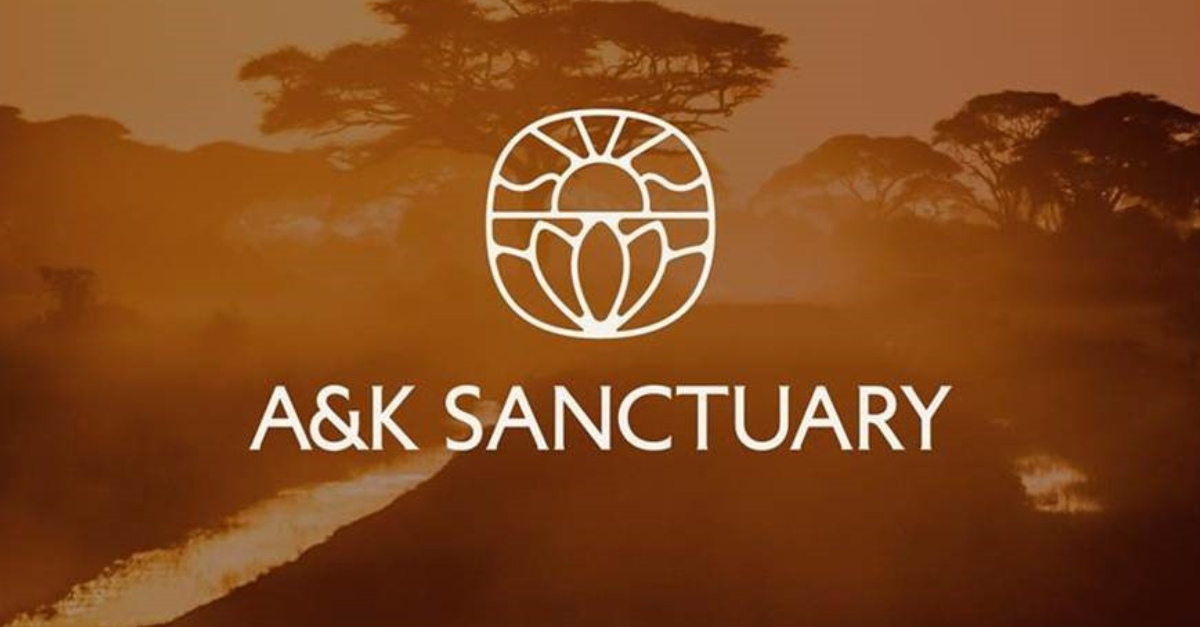You are viewing 1 of your 2 free articles
UK outbound leisure travel market is ‘slowing but still growing’
The UK outbound travel market is slowing down but is still growing, Abta’s Travel Matters conference has heard.
Cumulative growth of 4% is expected in UK outbound leisure travel across all destinations for the 2024-2026 period, a growth of 2% a year, according to Tourism Economics managing director Dave Goodger.
In volume terms, outbound travel remains “very much a short-haul view”, he said, insisting: “It’s not going to change. People want to go to Spain or Greece. They will travel primarily short-haul in volumes.”
He noted some “striking growth” in eastern European destinations as holidaymakers sought out new experiences and value for money locations.
Europe, rather than the UK, could also be benefitting from a downturn in travel to the US, he said. “Travel to the US is most definitely down. There is some substitution to some EU destinations, not necessarily domestic travel,” he said.
But he pointed to more “moderation” in growth to long-haul destinations, with the Asia Pacific region “slowing to some extent”.
Goodger also cited evidence of consumers limiting expenditure and looking for more value for money, based on Tourism Economics Travel Trends Survey from the fourth quarter of 2024.
This showed the biggest deterrent to travel to destinations was expense, with consumers “wanting value out of everything they are spending”. The second biggest deterrent was overcrowding in resort.
UK consumers are also spending more on existing bookings rather than booking more holidays as a result of “modest strengthening” in the pound, he said.
“We often say that [strengthening in sterling] leads to people spending more. Right now what we are seeing is that people are taking that as a ‘win’ [but] they are not necessarily buying more travel but spending more on their trip.”
Unlike other markets, Brits are not increasing the duration of their holidays. But he said: “We are looking at people spending longer and taking fewer trips in future.”
In the UK, travel spend continues to take “an increasing share” of total spend on goods and services.
For the UK economy as a whole, growth is expected to be ‘slow but steady’ with GDP anticipated to grow 1.2% this year but slow to .9% next year, said Goodger.
He added wage growth was slowing but remained high, and forecast a fall in inflation towards the end of this year, leading to a growth in disposable income.
He also predicted two further interest rate cuts this year, to 3.75% by the end of the year, with a slower pace of interest rate cuts in 2026, down to 3%.
The growth forecasts come amid an uncertain global outlook, with economic growth worldwide revised down for 2026 from 2.8% to 2.3% by Tourism Economics. This is expected to pick up to 2.9% for 2027.
Goodger said: “There’s continued growth but it’s not as good as we hoped – but not a disaster.”
He was confident the global economy had moved away from a “worst case scenario” for next year, in which most major markets would be in recession, stressing: “We think it’s more of a moderate slowdown that is coming.”


















